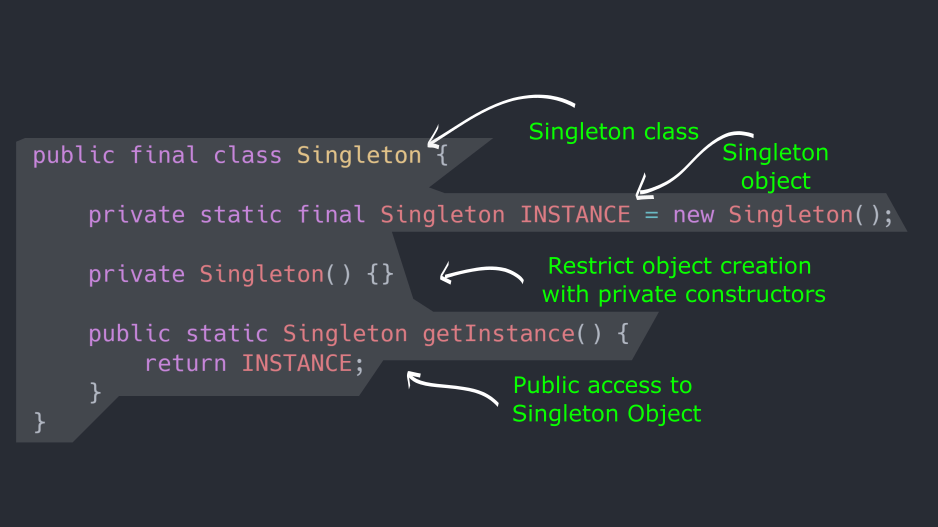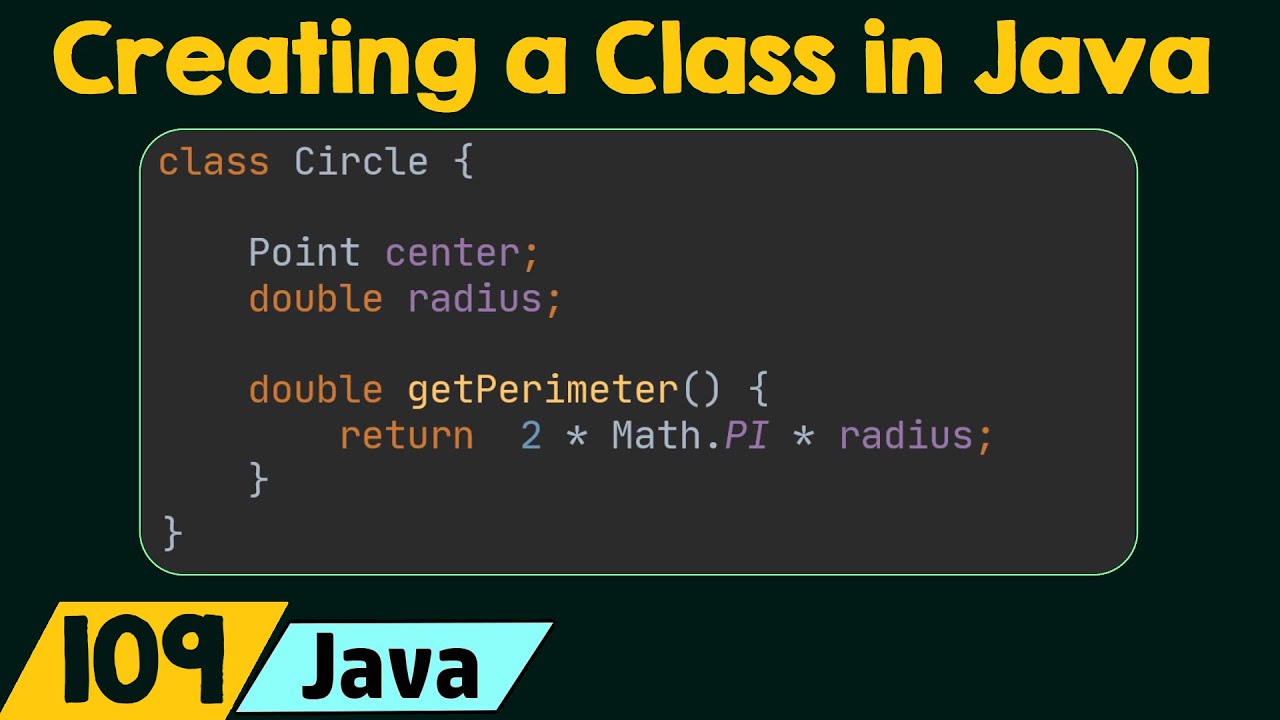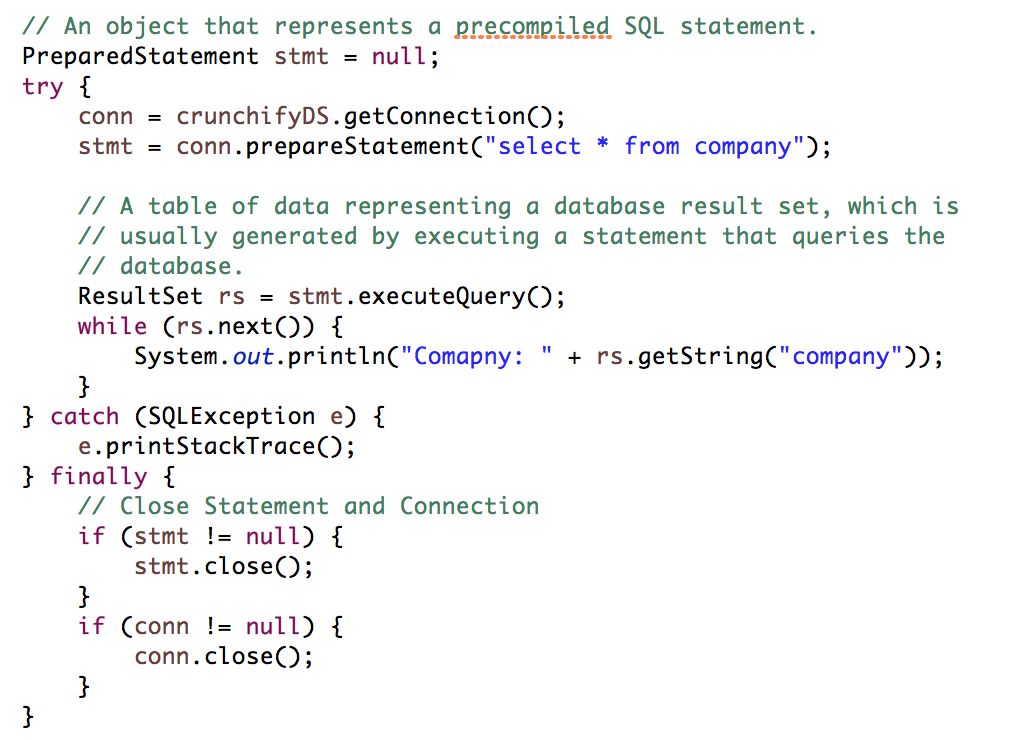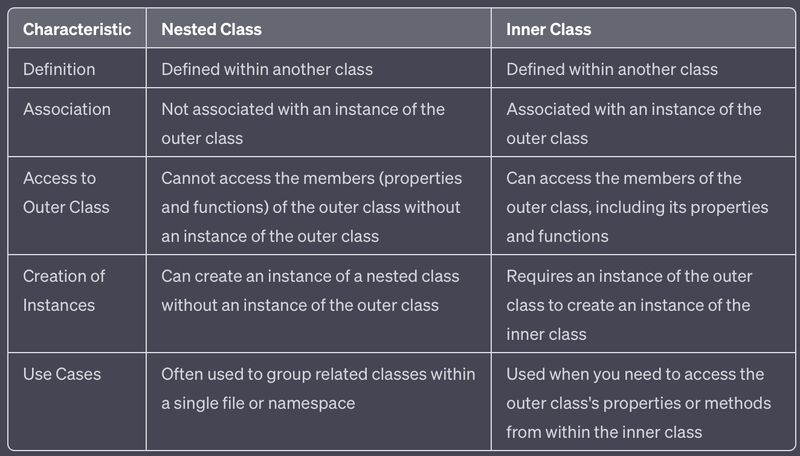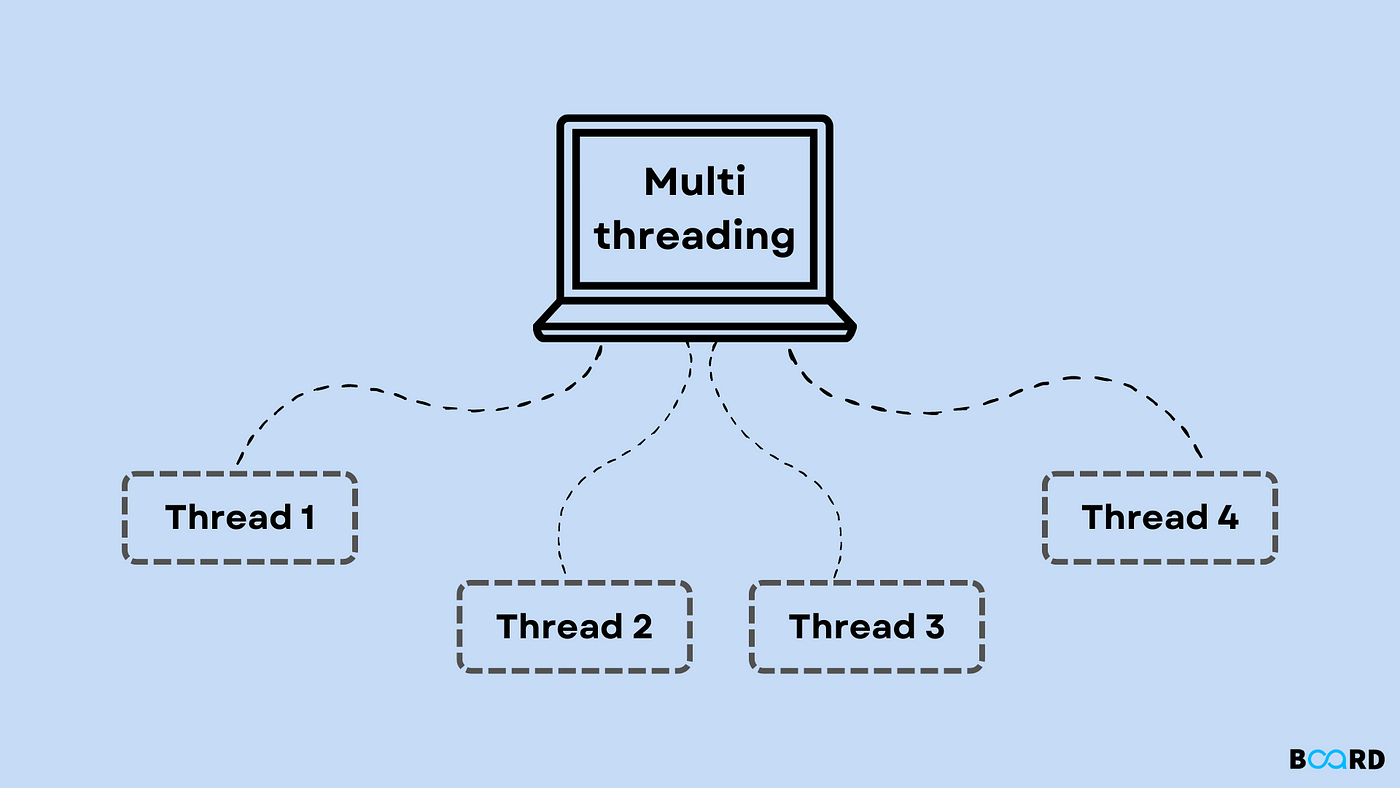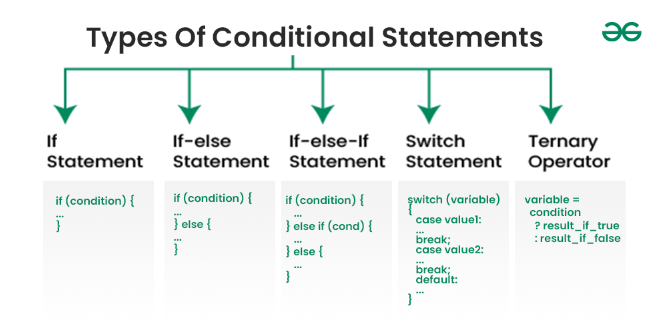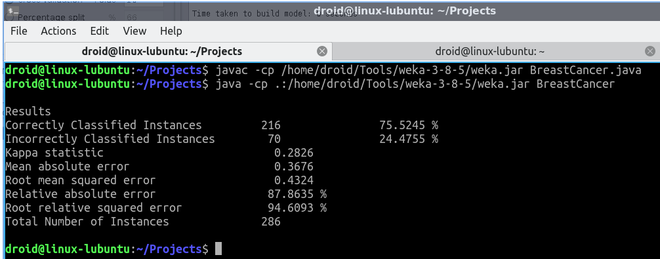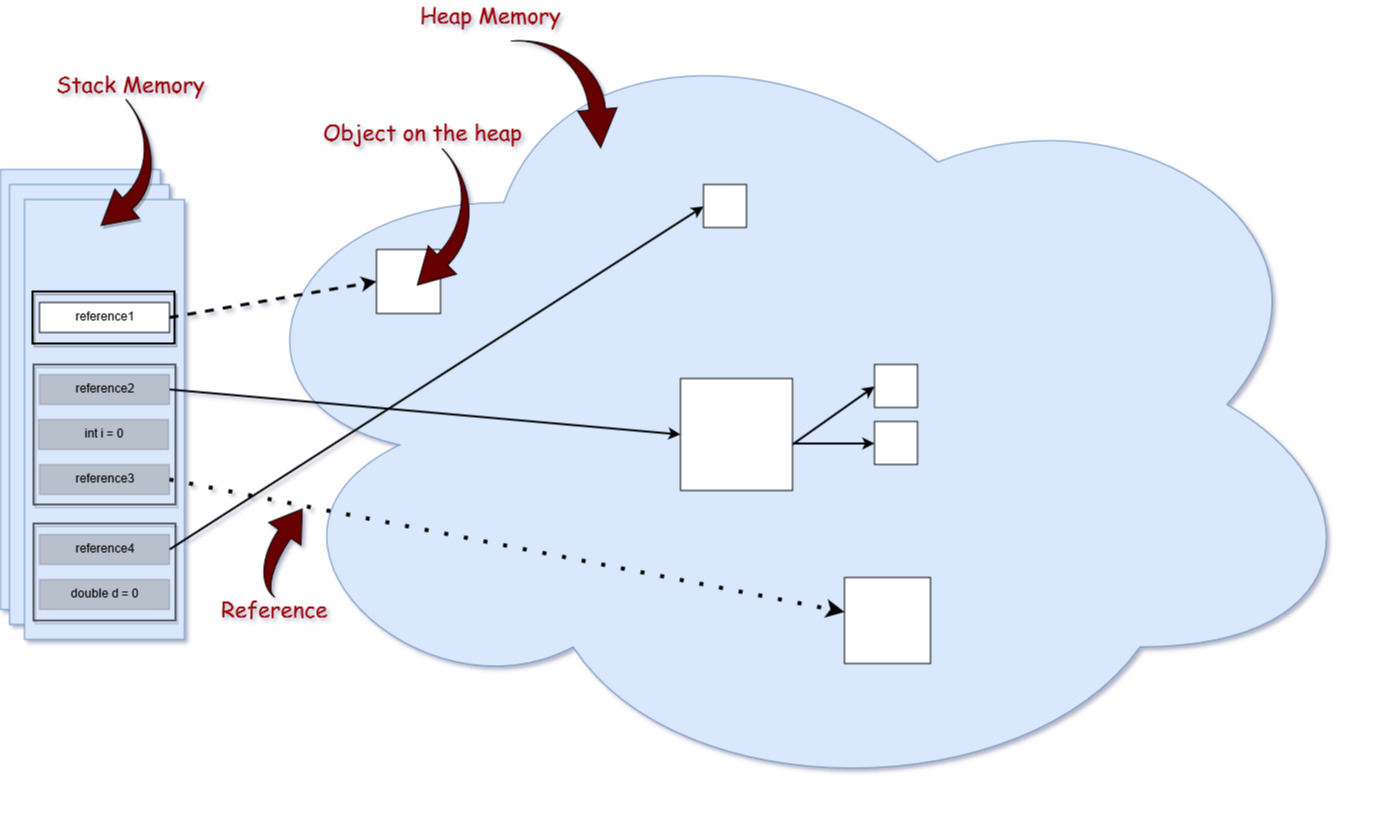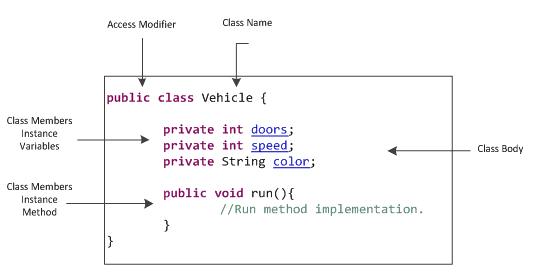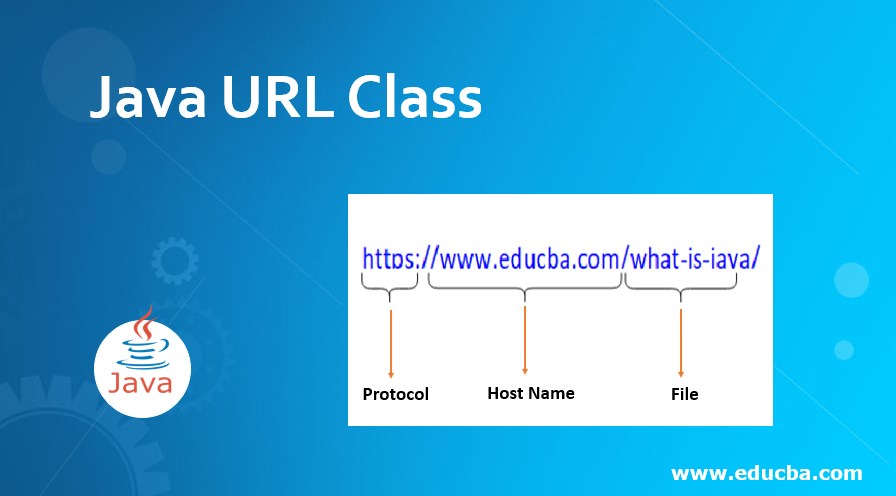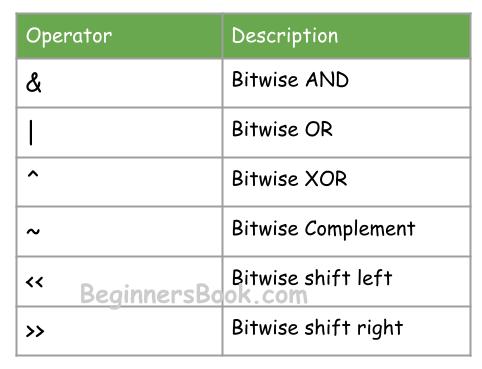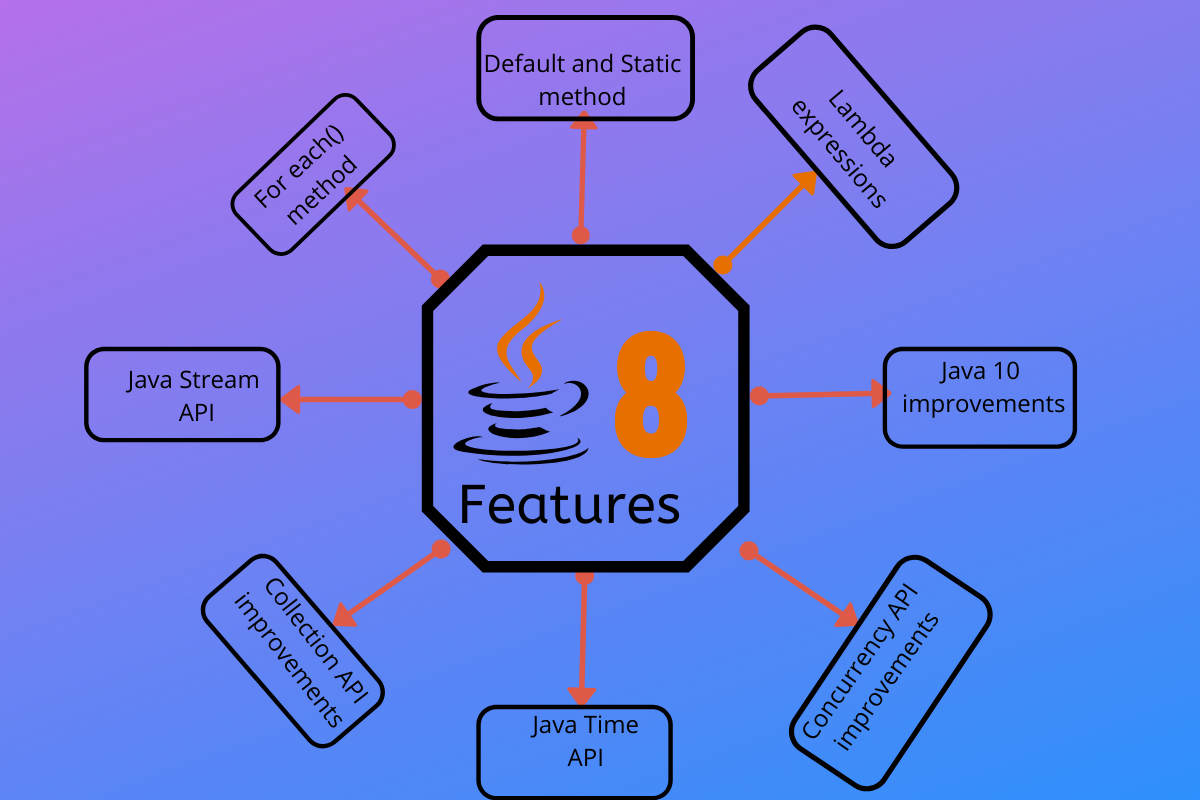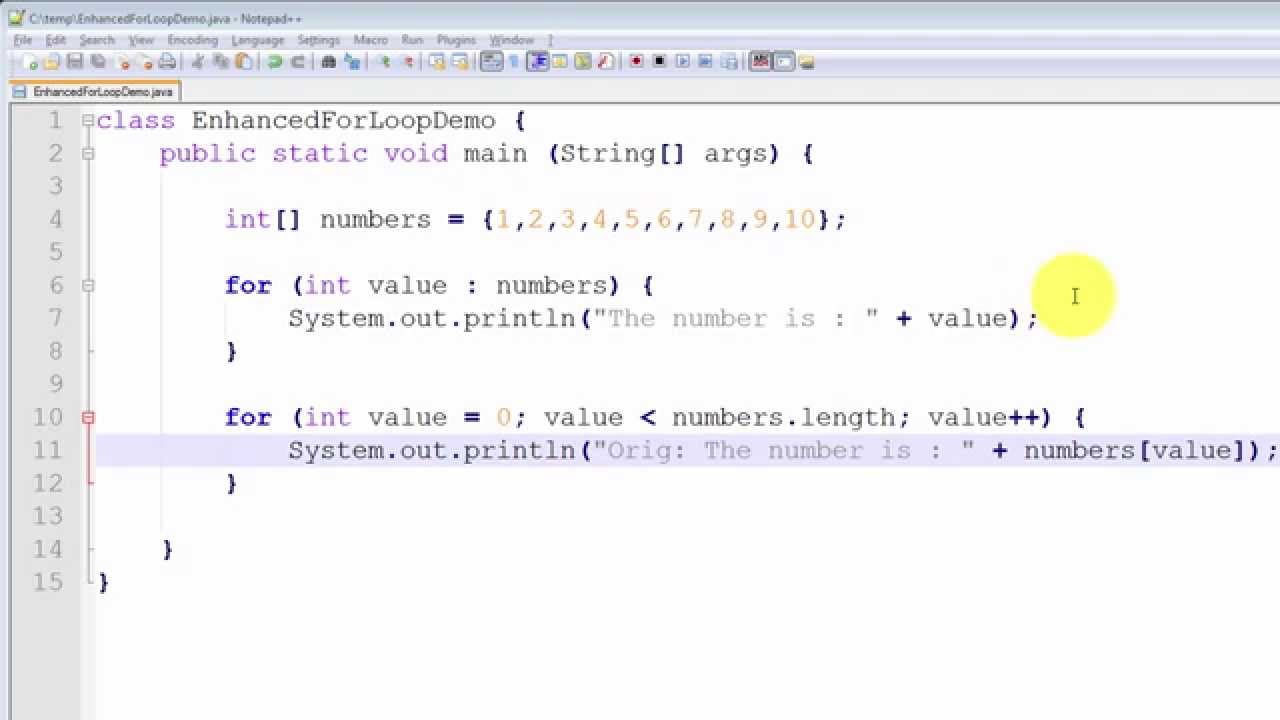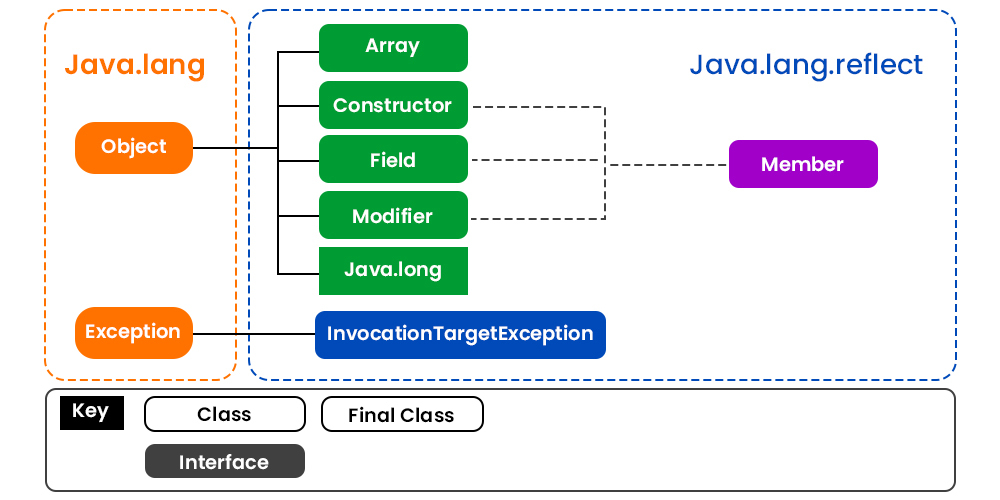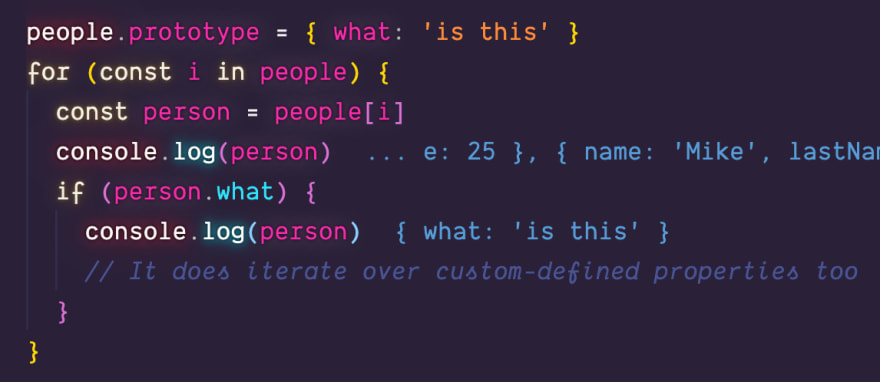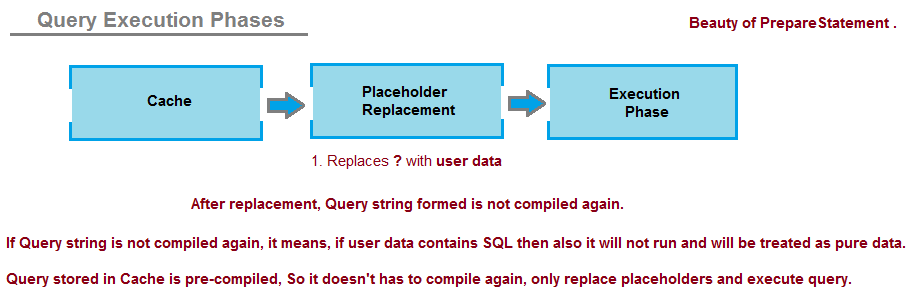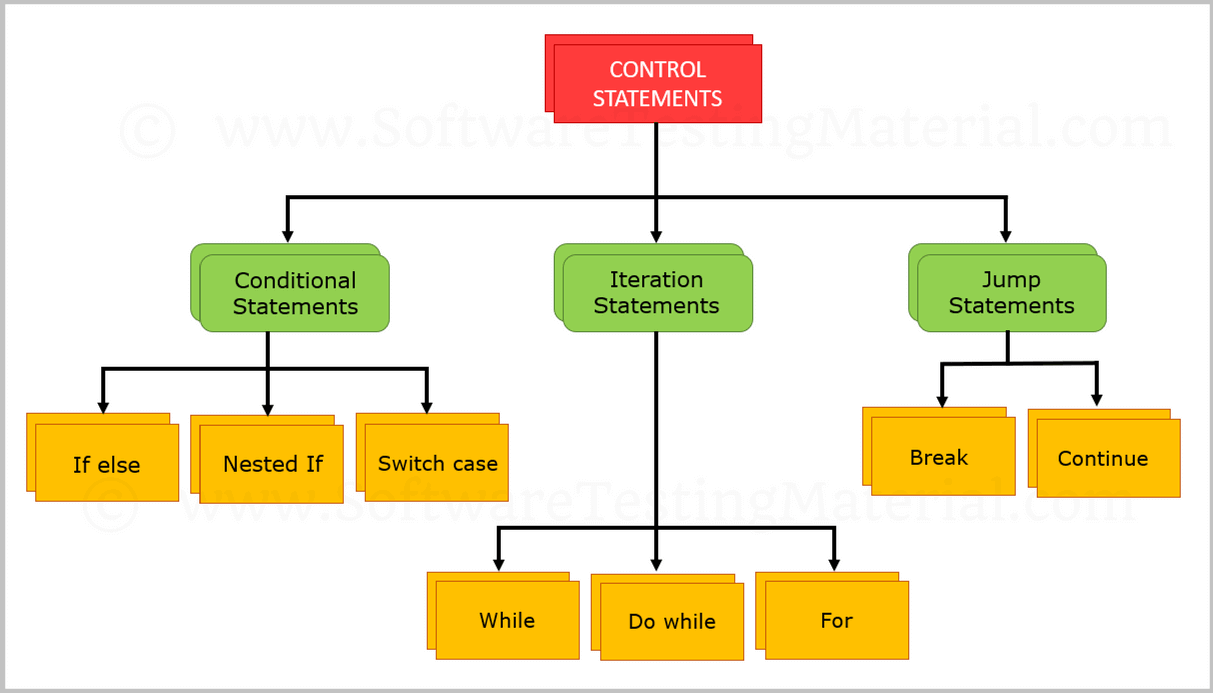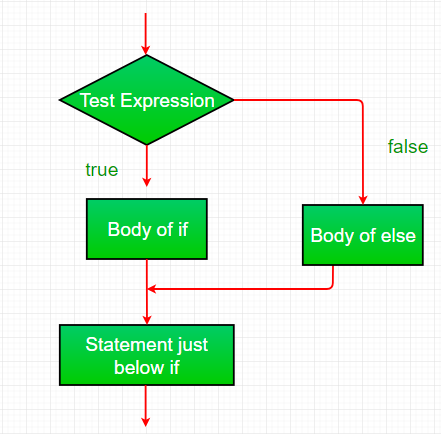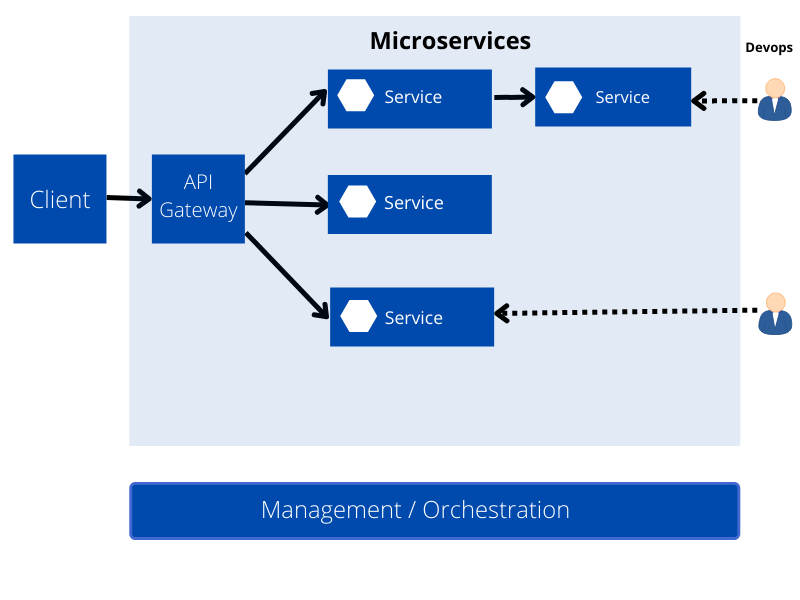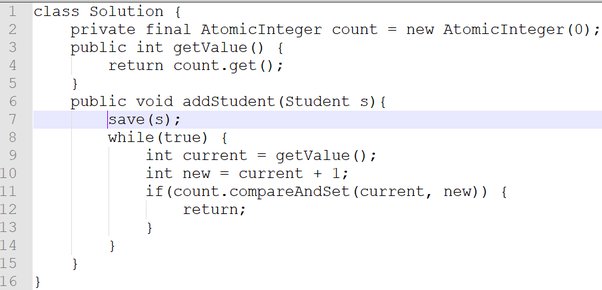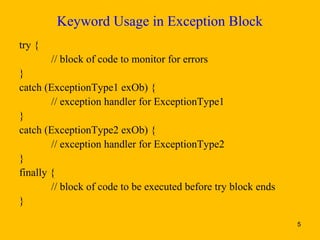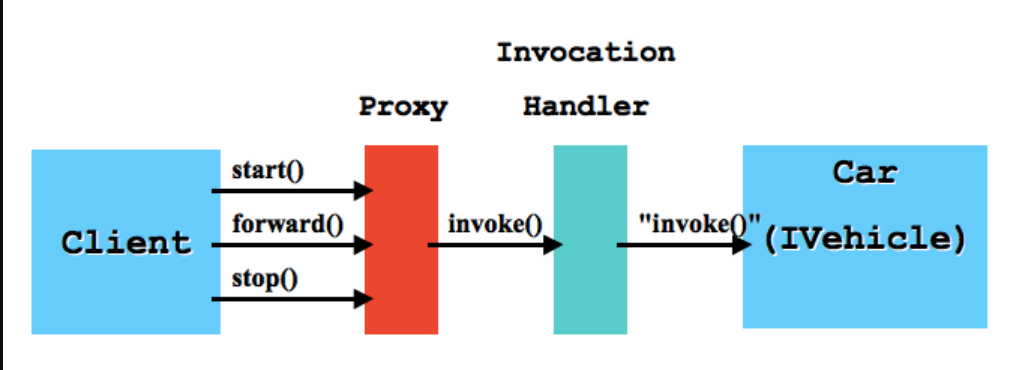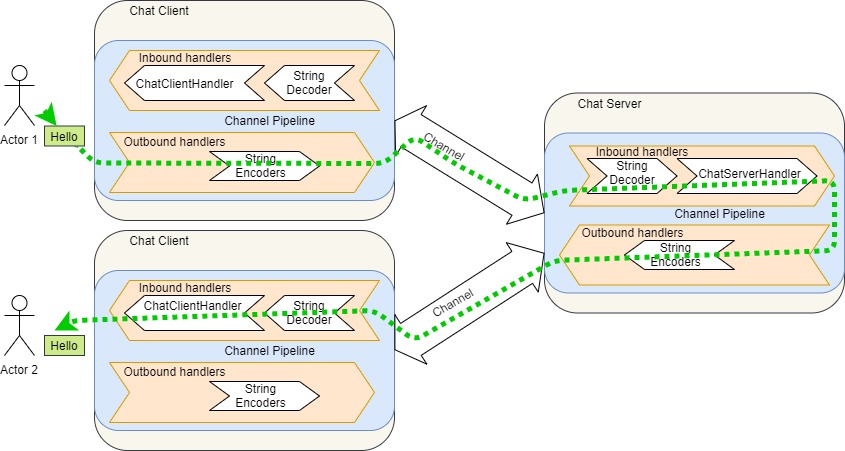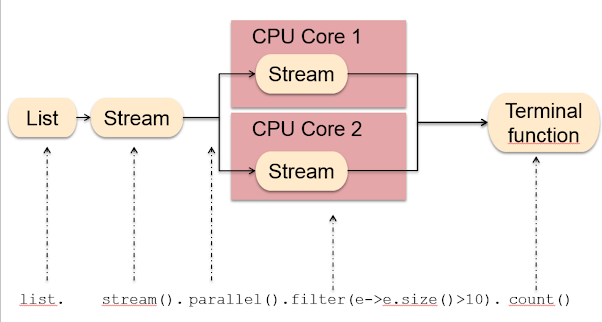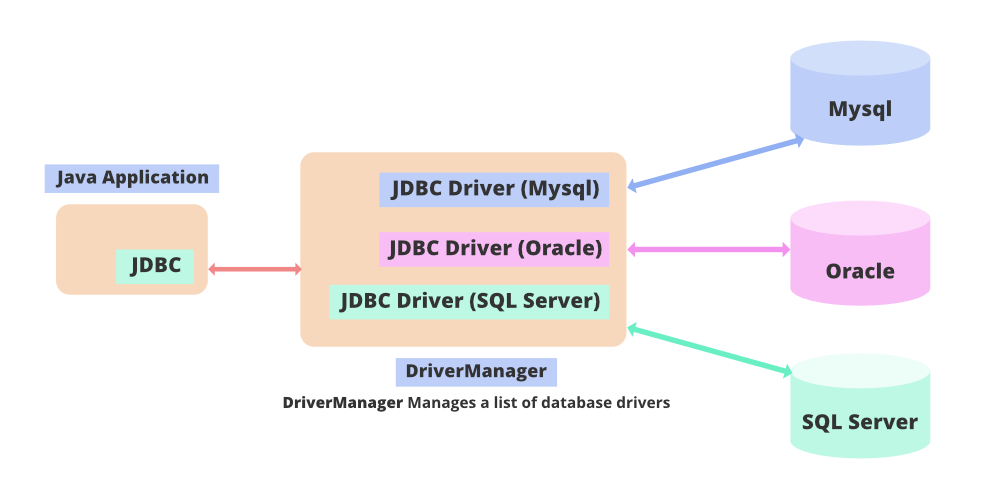Java powermock tutorial
Java powermock tutorial

Here is a detailed guide on PowerMock, a popular unit testing library for Java that enables mocking and isolation of third-party libraries, frameworks, and dependencies.
Introduction to PowerMock
PowerMock is an extension of the Mockito library that allows you to mock static methods, constructors, and other private/protected members. It was created to help developers test their code more effectively by isolating dependencies and making tests more robust. PowerMock provides additional functionality beyond what Mockito alone can accomplish.
Key Features of PowerMock
Static method mocking: Allows you to mock static methods, enabling you to isolate dependencies that are difficult or impossible to mock with traditional mocking libraries. Constructor mocking: Enables you to control the constructor behavior for a class, allowing you to test scenarios that require specific object initialization. Private/protected member mocking: Allows you to access and manipulate private and protected members of a class, making it easier to test complex logic. Extension of Mockito's functionality: PowerMock builds upon Mockito's robust feature set, providing even more capabilities for testing complex Java code.Using PowerMock in Your Tests
To start using PowerMock, you'll need to add the library to your project. Here are the general steps:
Add the PowerMock library to your Maven or Gradle project: For Maven, add the following dependency:org.powermock
powermock-api
2.7.0
For Gradle, use the following:
Create a test class that extends PowerMock'sdependencies {compile 'org.powermock:powermock-api:2.7.0'
}
PowerMockTest class:
Use PowerMock's mocking capabilities to isolate dependencies and test your code:import org.junit.runner.RunWith;import org.mockito.InjectMocks;
import org.powermock.api.PowerMockTestExecutioner;
import org.powermock.modules.junit4.PowerMockRunner;
@RunWith(PowerMockRunner.class)
public class MyTest {
@InjectMocks
private MyService myService; // Injected object to be tested
}
Verify the test results and assertions: Write JUnit assertions or verify the expected behavior in your test.PowerMock.mockStatic(MyDependency.class); // Mock static methodwhen(MyDependency.staticMethod()).thenReturn("expected result"); // Define behavior for the mocked method
MyService myService = new MyService(); // Create instance of the class to be tested
myService.doSomething(); // Call a method that uses the dependency being mocked
PowerMock.restoreStatic(MyDependency.class); // Restore original state
Benefits of Using PowerMock
Increased testing coverage: PowerMock enables you to write more comprehensive tests by isolating dependencies and making complex logic easier to test. Improved test reliability: By mocking out dependencies, you can ensure that your tests are not dependent on external factors or system states. Faster testing: PowerMock simplifies the process of writing tests for complex code by providing a convenient API for mocking and isolating dependencies.Conclusion
PowerMock is a powerful extension to Mockito that empowers developers to write more effective unit tests. By leveraging its features, you can isolate dependencies, test complex logic, and improve the overall quality and reliability of your software. With PowerMock, you'll be able to write more comprehensive, faster, and more robust tests for your Java code.
What is PowerMock in Java?

PowerMock is an open-source library for testing Java code that uses internal implementation details, such as private methods, final classes, and mock static methods. It allows developers to write more effective unit tests and integration tests by providing a set of utilities and APIs to handle the complexities of testing Java code.
One of the primary goals of PowerMock is to make it possible to test private methods, which are not accessible from outside their declaring class. This can be particularly useful when you need to verify that certain private methods are being called correctly in your tested code. PowerMock achieves this by using bytecode manipulation to inject a proxy object around the targeted method, allowing tests to interact with the method as if it were public.
PowerMock also provides support for testing final classes and interfaces, which are not typically testable due to their immutable nature. By using PowerMock's @PrepareForTest annotation on your test class, you can inject a proxy object around the targeted final class or interface, enabling tests to interact with its internal implementation details.
Another key feature of PowerMock is its ability to mock static methods. In Java, static methods are not part of any instance and are therefore not easily testable using traditional mocking libraries. PowerMock addresses this limitation by providing a set of APIs that allow you to inject mock implementations for static methods, giving you greater control over the behavior of your tested code.
PowerMock has several benefits for developers writing tests in Java. By allowing them to test private methods, final classes, and static methods, it helps to ensure that their code is thoroughly tested and reliable. Additionally, PowerMock's APIs are designed to be easy to use and integrate seamlessly with existing testing frameworks such as JUnit or TestNG.
Some of the key features of PowerMock include:
Private method testing: allows tests to interact with private methods as if they were public Final class testing: enables tests to interact with internal implementation details of final classes and interfaces Static method mocking: provides APIs for injecting mock implementations for static methods Easy integration with popular testing frameworksIn summary, PowerMock is a powerful library that helps developers write more effective unit tests and integration tests by providing a set of utilities and APIs to handle the complexities of testing Java code. Its ability to test private methods, final classes, and static methods makes it an essential tool for any Java developer who wants to ensure their code is thoroughly tested and reliable.
